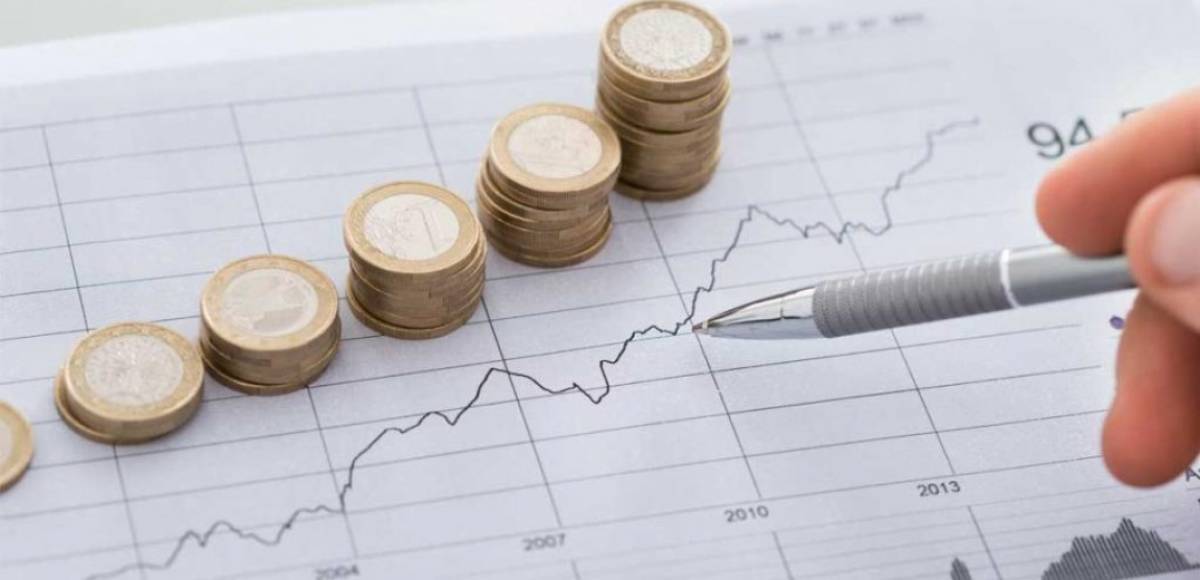According to the economic sentiment survey conducted by IOBE, this improvement stems from strengthened expectations in the business sectors and several individual industries, with the exception of a slight weakening in the manufacturing sector. Consumer confidence continues its downward trend, with households’ relatively pessimistic forecasts regarding their financial situation increasing.
“Despite the temporary stabilization in global trade, no definitive resolutions have been reached regarding the imposition of tariffs to and from the United States. This uncertainty also affects domestic industry. Within the domestic environment, although growth rates remain above the Eurozone average, they show signs of fatigue, raising concerns about investment trends, particularly after the completion of the Recovery Fund programs. Inflation has slightly eased in recent months, yet it remains overall higher than the Eurozone average and continues to influence household expectations. The implementation of the economic policy measures announced at the Thessaloniki International Fair is expected to positively influence household expectations from the beginning of next year,” the IOBE survey notes.
More specifically:
- Manufacturing: The mildly positive balance of expectations regarding orders and demand remained unchanged, while inventory expectations slightly weakened, and positive forecasts for production in the coming months declined moderately.
- Construction: Negative expectations for firms’ work schedules eased slightly, whereas corresponding positive employment forecasts weakened significantly.
- Retail trade: Mildly positive assessments of current sales declined marginally, inventory levels fell sharply, and short-term sales forecasts strengthened markedly.
- Services: Positive assessments of the current business situation improved significantly, as did positive evaluations of current demand and short-term demand forecasts.
- Consumer confidence: Households’ negative expectations regarding the country’s economic situation intensified, as did their assessments of their personal financial situation. In contrast, forecasts for major purchases improved, while intentions to save weakened slightly.















